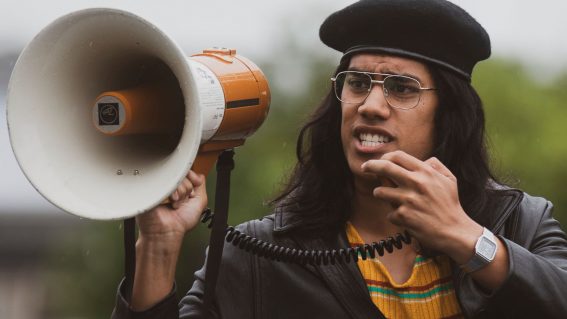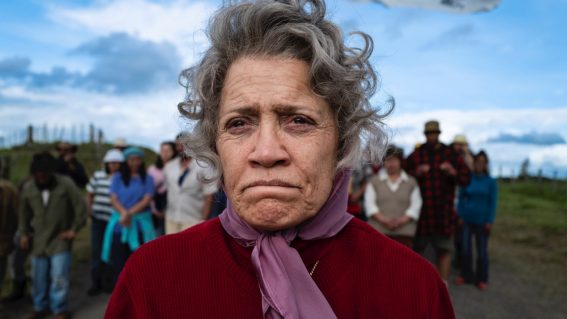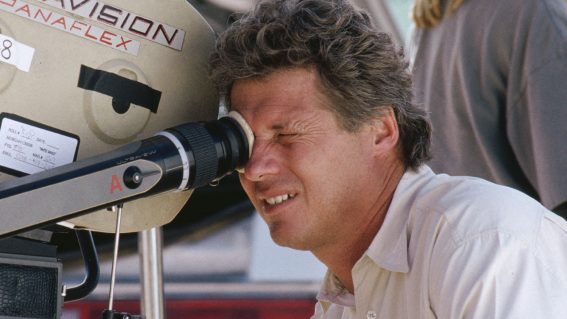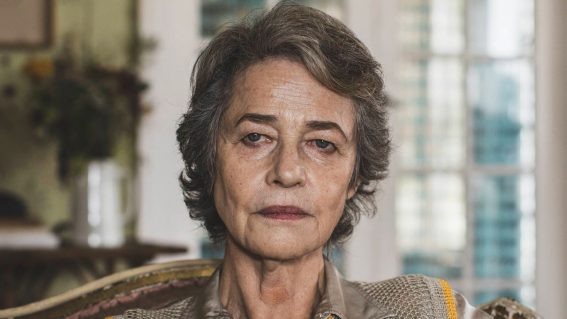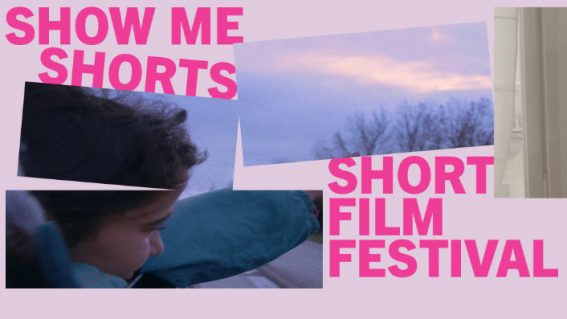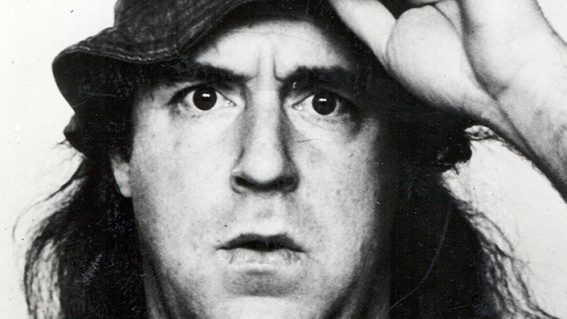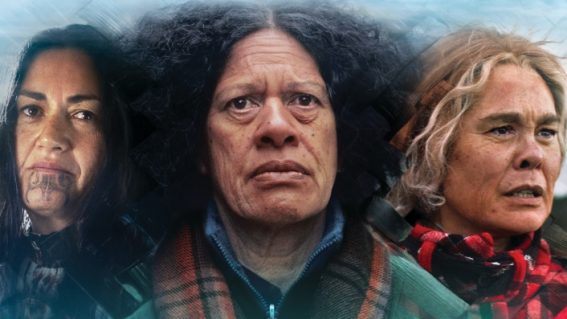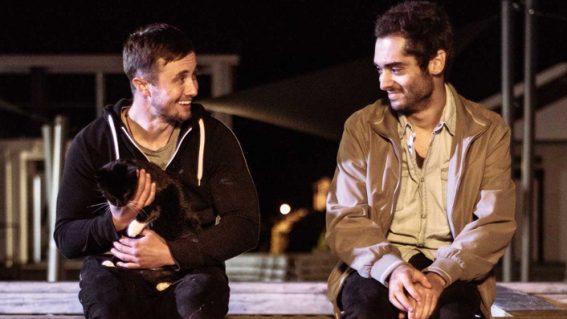Soldiers Without Guns depicts a true—and truly incredible—story of peace
The film comes at tragically perfect time.
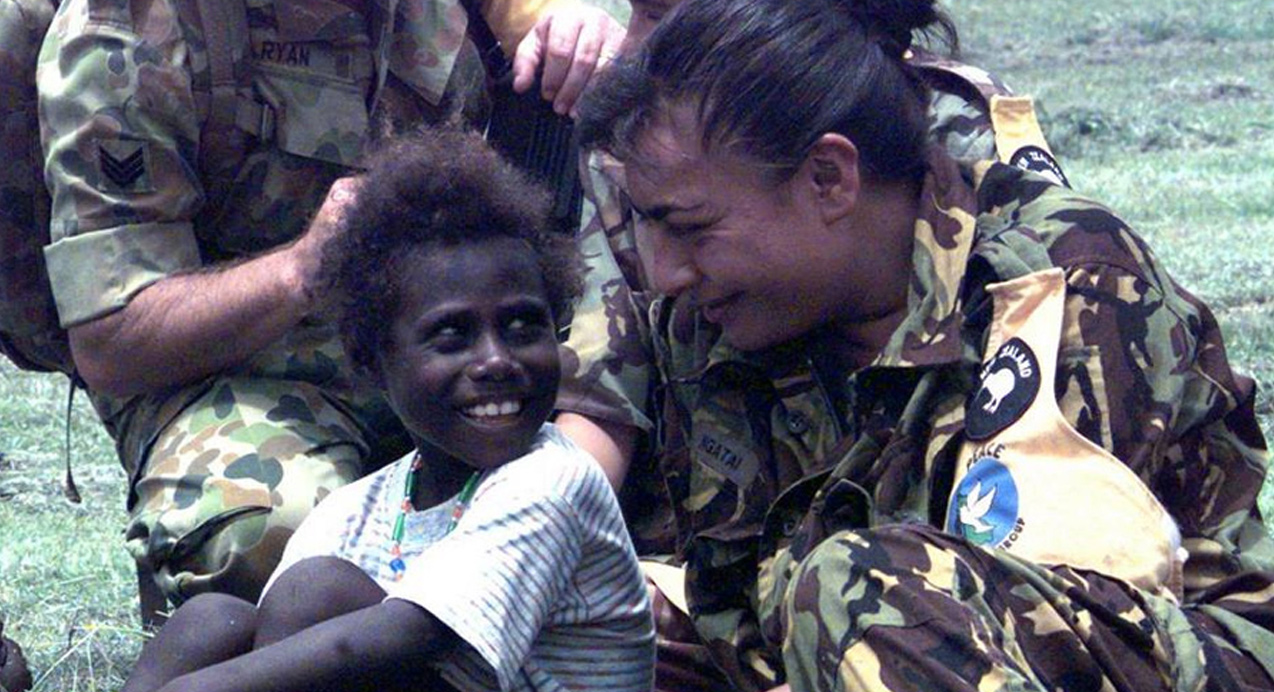
NZ documentarian Will Watson tells the story of how the 10-year Bougainville Civil War was ended by some guitar-toting Kiwis. As Liam Maguren details, this is an incredible story that needed to be told—now more than ever.
One month on from the Christchurch terrorist attack, director Will Watson’s film comes at tragically perfect time. Soldiers Without Guns depicts the truly incredible story of the New Zealand soldiers that entered the 10-year Bougainville Civil War and paved a way to peace and unity by sharing waiata, performing haka, understanding the culture, listening to women, and leaving the firearms in the cabinet. The story itself outweighs the barebones filmmaking that surrounds it, much like 2017’s No Ordinary Sheila, but let’s just be thankful Watson went to the immense effort—over a decade of effort, in fact—of bringing this necessary story to the screen.
A fairly complex trail of events led up to the deadly war and the film’s initial creative choices aren’t that compelling on a storytelling level. A blunt voiceover, rough motion graphics, and overly dramatic music choices make the summary feel like a high school history lesson from 2005. Fortunately, the film’s full of relevant archival footage, and when Watson wisely lets that material speak for itself, Soldiers Without Guns effectively places hand to heart.
The film finds strength in its interviews with those who experienced the conflict first-hand. The tragic tales are hard to take in, but the aroha displayed relieves such sorrow. Especially from Fiona Cassidy, former Major in the New Zealand Army, whose depiction of both the Kiwi and female perspective of events makes her the perfect focal point.
Then there are the higher-ups largely responsible for greenlighting the gunless operation. They share two anecdotes, both involving aerial travel, that heavily emphasise the fragile tightrope this plan was walking on. These scenes scream for a big-budget dramatised adaptation of the story, though it’d need tinges of black comedy—there’s a dry absurdity to our “she’ll be right” attitude that cannot be ignored.
Equally unignorable are the simple morals at play here. It may sound cheesy to say that an open hand can end a war better than a closed fist, but stories like this breathe power into such conviction. It’s the type of action we need now and the kind these soldiers bet their lives on.






